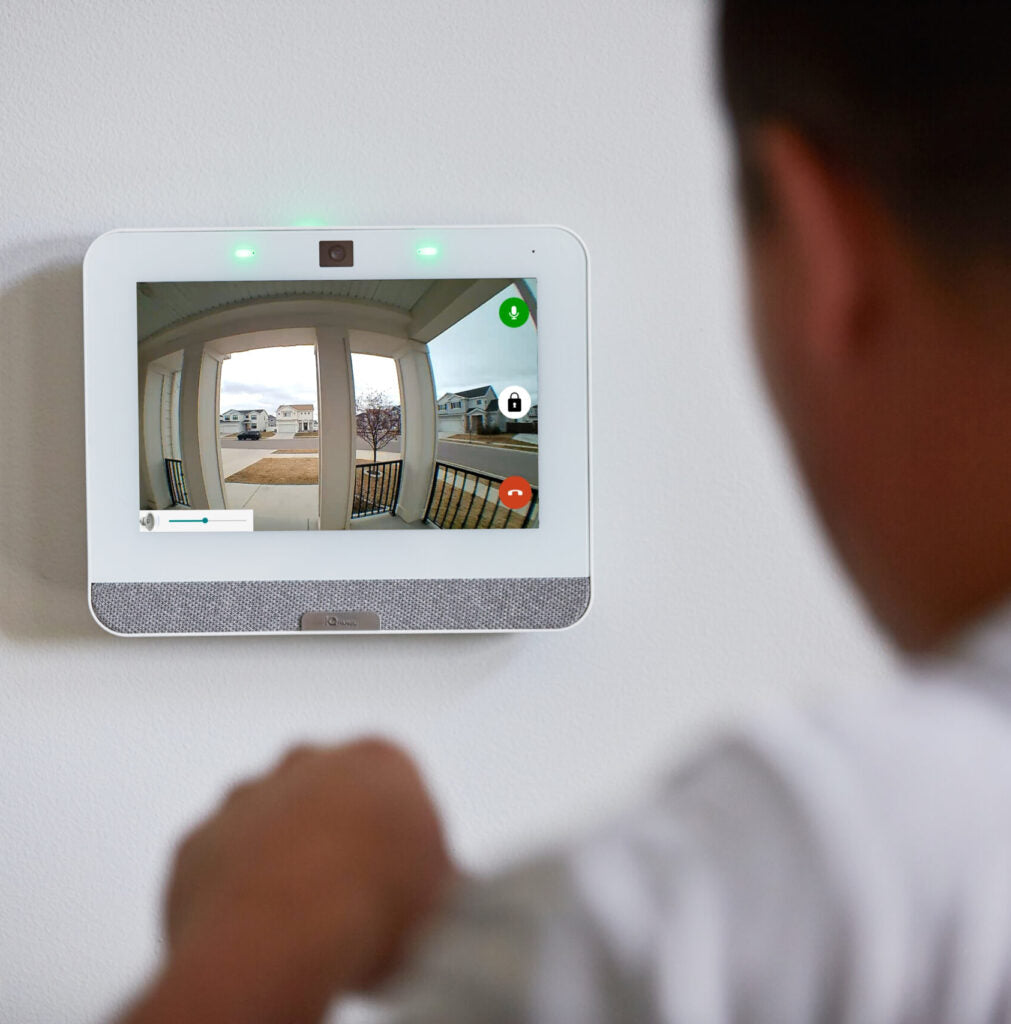An unexpected alarm—whether from a home security system, smoke detector, or car alarm—can be a jarring and stressful experience. But staying calm and knowing what to do in the moment can help you stay safe and address the situation effectively. Here's a step-by-step guide on what to do if your alarm goes off unexpectedly.
1. Stay Calm and Assess the Situation
The sudden sound of an alarm can trigger panic, but your first priority should be to stay calm. Take a deep breath and quickly try to identify what kind of alarm it is:
-
Smoke or carbon monoxide alarm? Check for signs of smoke or unusual odors.
-
Burglar alarm? Look for signs of forced entry or movement.
-
Car alarm? Check your vehicle for tampering or attempted break-in.
2. Verify the Cause
Before assuming the worst, investigate the cause of the alarm—safely.
-
Home security systems: Check security cameras or control panels for alerts. If your system notifies you via app or text, review any photos or video snippets.
-
Fire alarms: Look for smoke or heat sources. Burnt toast or steam from a shower can sometimes cause false alarms.
-
Car alarms: Look out the window or use a peephole if you're indoors. Avoid confronting anyone directly.
3. Check for Danger Before Taking Action
Never put yourself in harm’s way. If you suspect a real threat:
-
Leave the building immediately if there is fire, smoke, or a gas odor.
-
Do not investigate alone if you think there may be an intruder.
-
Call emergency services (911 or the local equivalent) if you detect danger or are unsure.
4. Disarm the Alarm (If Safe to Do So)
Once you determine there's no immediate danger and it's safe:
-
Enter your security code or use your app to turn off the system.
-
Reset your smoke or CO detector by pressing the reset button.
-
Use your car key fob to silence a vehicle alarm.
Make sure you know how to operate your alarm systems before emergencies happen to avoid confusion in the moment.
5. Inform the Monitoring Service (If Applicable)
If your alarm system is monitored by a security company:
-
Contact them as soon as possible to explain the situation.
-
Confirm your identity with your passcode.
-
They may cancel the dispatch if you verify it's a false alarm in time.
Failing to do this may result in unnecessary emergency response and potential fines.
6. Document the Incident
Even if it turns out to be a false alarm:
-
Note the time, date, and suspected cause.
-
Take pictures if there's any physical evidence (like a broken lock or open window).
-
File a report with your alarm company if needed.
This can help you identify patterns and prevent future false alarms—or support an investigation if something suspicious occurred.
7. Check and Maintain Your Equipment
Frequent false alarms can usually be traced back to poor maintenance or faulty equipment. After an incident:
-
Replace batteries in smoke detectors or sensors.
-
Clean detectors to remove dust or insects.
-
Review your alarm system’s settings with a professional.
Some newer systems allow you to adjust sensitivity or set specific zones to help avoid false triggers.
Final Thoughts
An unexpected alarm can be unsettling, but your response doesn’t have to be. By remaining calm, verifying the situation, and taking thoughtful action, you can ensure your safety and prevent future mishaps. If false alarms become a recurring issue, consult a professional to evaluate your system—it might be time for an upgrade or a better configuration.
Being prepared is the best way to turn a moment of panic into a moment of control.








